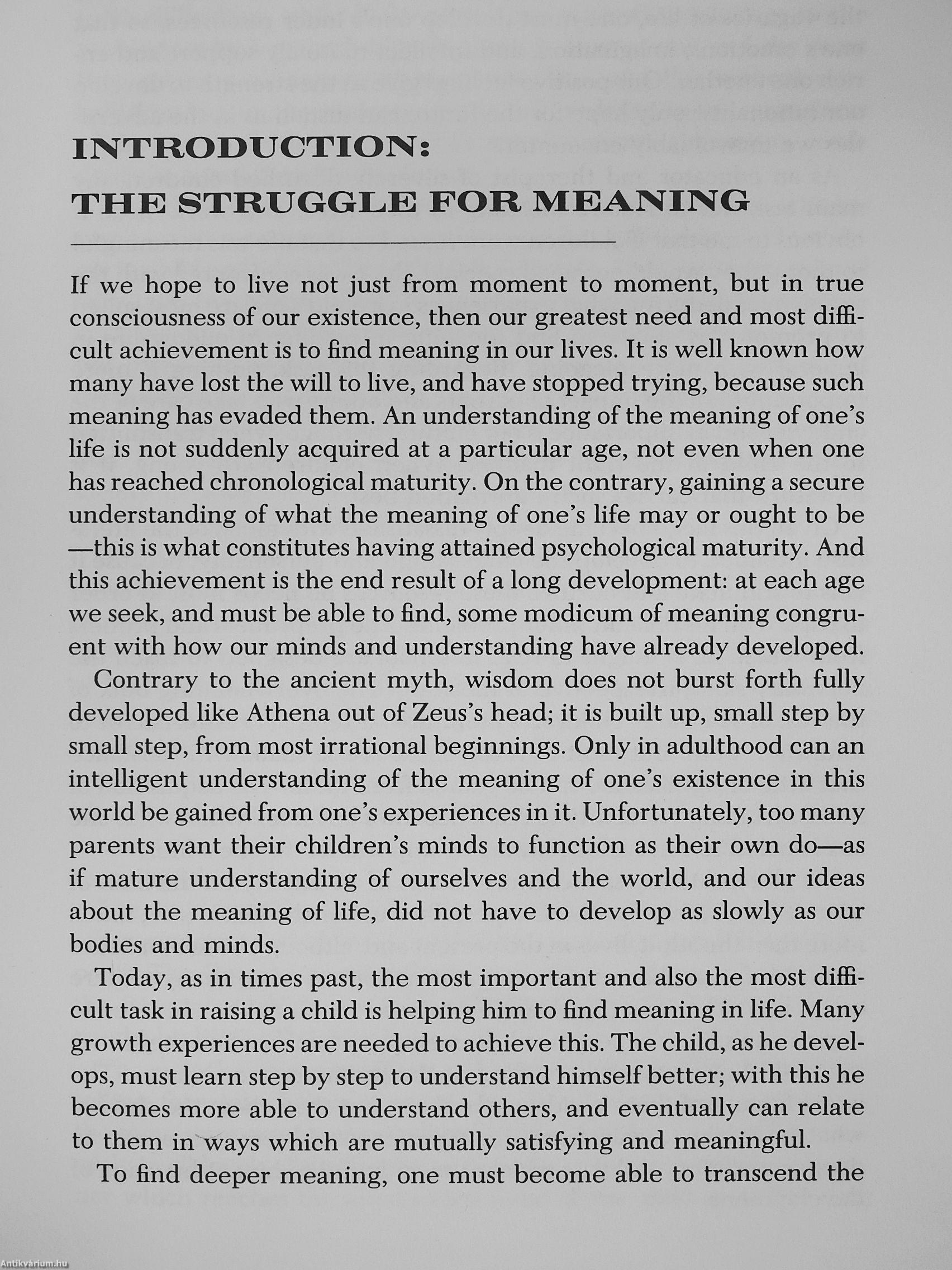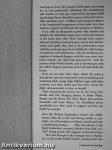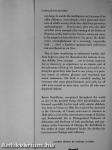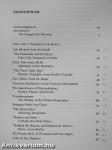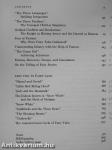1.067.317
kiadvánnyal nyújtjuk Magyarország legnagyobb antikvár könyv-kínálatát

VISSZA
A TETEJÉRE
JAVASLATOKÉszre-
vételek
The Uses of Enchantment
The Meaning and Importance of Fairy Tales
| Kiadó: | Alfred A. Knopf |
|---|---|
| Kiadás helye: | New York |
| Kiadás éve: | |
| Kötés típusa: | Vászon |
| Oldalszám: | 339 oldal |
| Sorozatcím: | |
| Kötetszám: | |
| Nyelv: | Angol |
| Méret: | 24 cm x 16 cm |
| ISBN: | 0-394-49771-6 |
naponta értesítjük a beérkező friss
kiadványokról
naponta értesítjük a beérkező friss
kiadványokról
Előszó
TovábbFülszöveg
Carrying us back into magical landscapes, recovering for us-and profoundly validating—the enchantment and wonder we long ago experienced, the great child psychologist Bruno Bettelheim gives us his most universally enriching work: a brilliant and moving revelation of the irreplaceable importance of fairy tales—how they educate, support, and liberate the emotions of children.
First, with an illuminative power that stardes and delights, Dr. Bettelheim opens up to us the real content of the great fairy tales. How, beneath their surface shimmer of palaces and princesses, fairies and witches, wishes and spells, they deal in the profoundest ways with the emotional turmoils of childhood: with feelings of smallness and helplessness, with the terrifying perceptions of outward dangers, with the even more terrifying anxieties the child feels possessed by, with the mystery of the World Outside, and of the Stranger, with the child's deepest questions about self and about the future.
Next we... Tovább
Fülszöveg
Carrying us back into magical landscapes, recovering for us-and profoundly validating—the enchantment and wonder we long ago experienced, the great child psychologist Bruno Bettelheim gives us his most universally enriching work: a brilliant and moving revelation of the irreplaceable importance of fairy tales—how they educate, support, and liberate the emotions of children.
First, with an illuminative power that stardes and delights, Dr. Bettelheim opens up to us the real content of the great fairy tales. How, beneath their surface shimmer of palaces and princesses, fairies and witches, wishes and spells, they deal in the profoundest ways with the emotional turmoils of childhood: with feelings of smallness and helplessness, with the terrifying perceptions of outward dangers, with the even more terrifying anxieties the child feels possessed by, with the mystery of the World Outside, and of the Stranger, with the child's deepest questions about self and about the future.
Next we see how fairy tales, which all cultures through the ages have depended on for instructing and sustaining their young, help children cope with their emotions and their world and how they reveal the child, subconsciously, to him- or herself.
Then, examining the stories one by one (from Cinderella and The Sleeping Beauty to Snow White, Beauty and the Beast, The Three Bears, Jack and the Beanstalk, and many others). Dr. Bettelheim shows specifically how they work to support and free the child. For example:
How the Wicked Stepmother releases the child's terrors when his or her own loving mother is suddenly, out of frustration or fatigue, transformed into a frightening stranger . . . How the advent of the Fairy Godmother reassures children that their own "lost" loving parent will reappear and protect them . . . How the triumph of the Youngest Son or Daughter (or the youth labeled dumb) promises that one
(continued on back flap)
(continued from front flap)
can hope to match the intelligence and success of an older sibling or, more deeply, of the giant and clever race of adults among whom the child feels powerless and inadequate How in story after story the child sees that every triumph (the winning of the Prince or Princess, or the Gold or the Crown) comes not merely by magic but from the hero's (by proxy, the child's own) accomplishment of a seemingly impossible task . . . How a kindness spontaneously performed can reverberate in our lives
This is how, wandering in enchanted worlds, children begin to sense for themselves the textures of justice, fidelity, love, courage . . . not as lessons imposed, but as discovery, as experience, as an organic part of the adventure of living. Dr. Bettelheim persuades us to bring the great fairy tales back to our young as a priceless source of esthetic pleasure and emotional and moral sustenance. His book is essential reading for everyone who cares about literature and myth, for all who were reared on fairy tales, and for all who were deprived of them.
Bruno Bettelheim, recognized throughout the world as one of the greatest living child psychologists, and honored especially for his work with autistic children, was bom in Vienna in 1903. He received his doctorate at the University of Vienna, and came to America in 1939, after a year in the concentration camps of Dachau and Buchenwald. He is Distinguished Professor of Education and Professor of both psychology and psychiatry at the University of Chicago. Dr. Bettelheim is the author of many celebrated books. He divides his time between Chicago and California.
JACKET DESIGN BY MURIEL NASSER Vissza
Témakörök
- Idegennyelv > Idegennyelvű könyvek > Angol > Néprajz
- Idegennyelv > Idegennyelvű könyvek > Angol > Pedagógia
- Pedagógia > Nevelés > Egyéb
- Pszichológia > Alkalmazott lélektan > Pszichotechnika > Pszichoanalitika > Egyéb
- Pszichológia > Fejlődéslélektan > Gyermekkor
- Pszichológia > Idegennyelvű > Angol
- Idegennyelv > Idegennyelvű könyvek > Angol > Pszichológia
- Néprajz > Folklór (szellemi néprajz) > Népköltészet > Népmese > Egyéb
Bruno Bettelheim
Bruno Bettelheim műveinek az Antikvarium.hu-n kapható vagy előjegyezhető listáját itt tekintheti meg: Bruno Bettelheim könyvek, művekMegvásárolható példányok
Állapotfotók
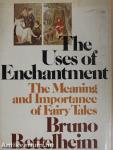
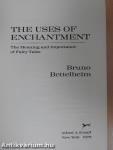
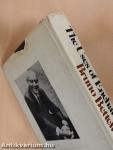
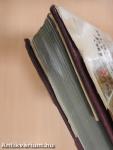

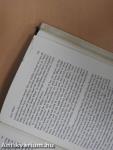
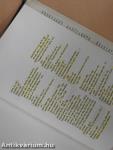
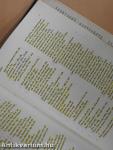
A védőborító foltos, szakadozott, amatőr módon javított. A lapélek és néhány lap foltos. Néhány lapon színes szövegkiemelés, bejegyzések, jelölések láthatók. Az előzéklapon pecsétnyom, ragasztott címke található.
A felső lapélek színezettek.





